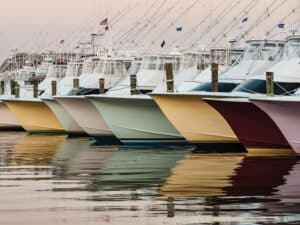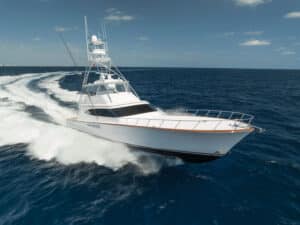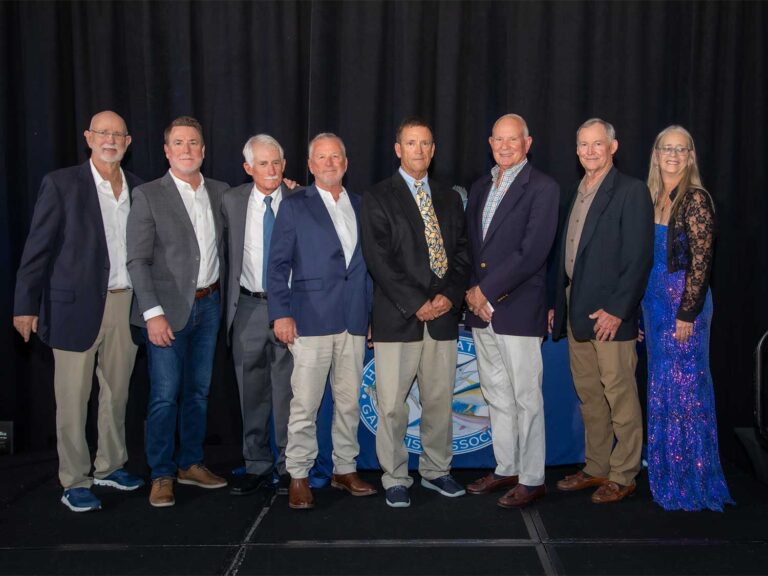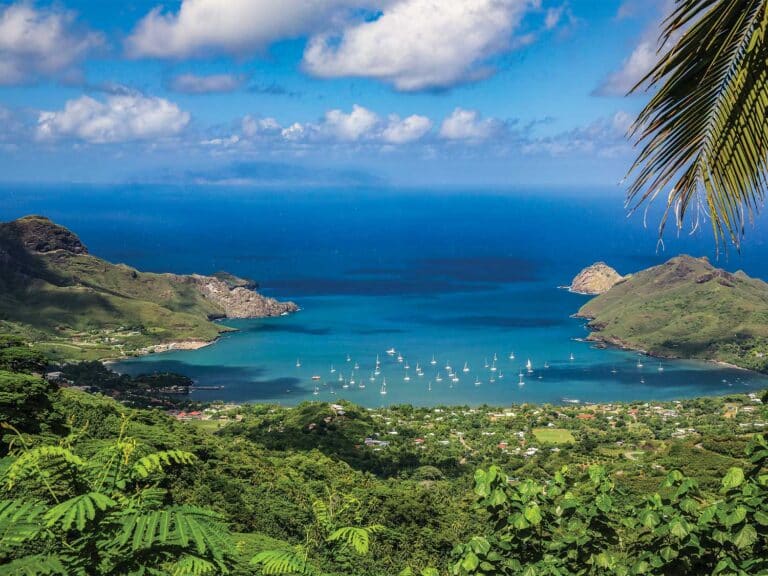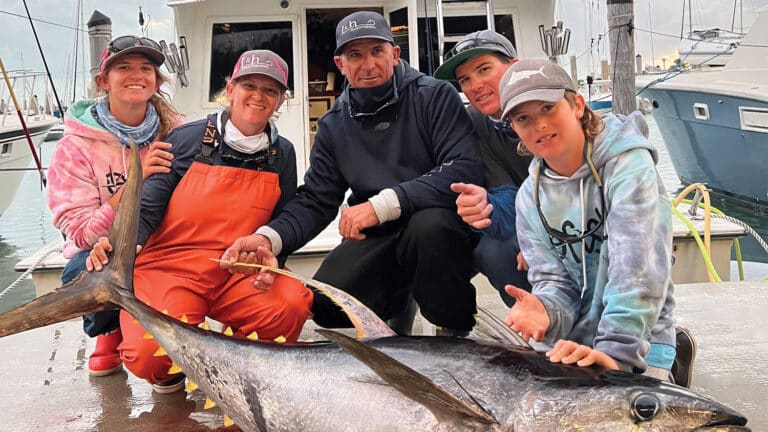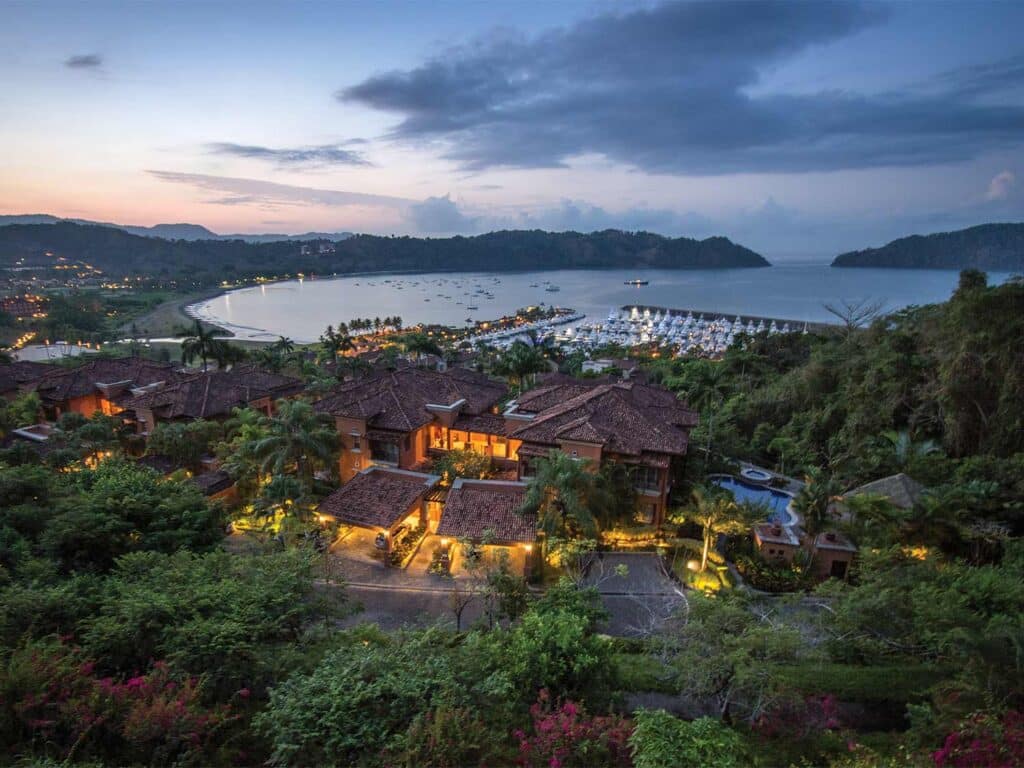
Special delivery: Sign up for the free Marlin email newsletter. Subscribe to Marlin magazine and get a year of highly collectible, keepsake editions – plus access to the digital edition and archives.
I remember seeing the ads in Marlin promoting Los Sueños Resort and Marina in Costa Rica when it was being built and then first opened to the public in 2001. I doubt anyone could have envisioned that it would become one of the premier fishing destinations in the world just a little over 20 years later. Owners now keep their sport-fishers in Los Sueños and other marinas in Costa Rica for years at a time in order to take advantage of its incredible fishery. As a result of the nation’s popularity, it has become commonplace for vessel closings to occur there. Of course, there are several important factors for buyers to consider.
Closing and Post-Closing
Vessel closings in Costa Rica are relatively straightforward, and for the most part, the parties will go through the same process as if the closing occurred in the United States. As usual, the brokers will assist the parties in coordinating hull and engine surveys, sea trials and haulouts. It also might be necessary to perform an offshore closing, depending on the set of circumstances surrounding the transaction. Perhaps most important, a buyer, his broker and attorney should also plan their post-closing actions, which will depend on whether the buyer wishes to keep the boat in Costa Rica for an extended period of time, or if he plans to move it to another country.
Cruising Permit
The buyer should obtain a two-year cruising permit in the name of the new owner, with vessel name and hailing port, if he is planning to keep the vessel in Costa Rica for a substantial period of time after closing. Cruising permits allow vessels to move freely from port to port within the country. It might also be important to request that the relevant marina keep the existing permit active until the new permit is available.
Prior to closing, the buyer should hire a port agent located in Costa Rica to assist in obtaining the permit. The buyer will need to provide several supporting documents before the application can be processed, including a copy of the beneficial owner’s passport, proof of a signed marina contract, and a power of attorney authorizing the port agent to act on the owner’s behalf. Other required paperwork, including the vessel’s certificate of documentation or registry, will not be available until after closing, so it is important to the start the vessel registration process as soon as possible after the transfer of ownership.
Read Next: Our legal expert weighs in on boat deliveries and the questions that frequently arise.
Entities and Apostilles
Most high-value sport-fishers and yachts are owned in holding companies for purposes of liability protection. In such a case, the port agent will also need to present an original certificate of good standing from the appropriate authority and an original certificate of incumbency identifying the entity’s authorized individuals. Both documents must also be apostilled, which certifies the authenticity of an issuing official, or a notary public’s signature for use in foreign countries under the Hague Convention of 1961.
In the United States, an apostilled certificate of good standing can typically be ordered directly from a state’s relevant authority, which is oftentimes the secretary of state. The certificate of incumbency, on the other hand, will need to be drafted by the buyer, notarized, and sent to the relevant authority so that the notary’s signature and stamp can be apostilled. The power of attorney authorizing the port agent to act on behalf of the owner must also be apostilled, unless the buyer is present in Costa Rica for execution before a local notary. Depending on the relevant jurisdiction, the processing time for apostilles can be a few weeks, so a buyer should start this process well before closing. All documents can be provided in English, and the port agent can assist in having them translated to Spanish.
Transfer of Current Permit
It might not be necessary to obtain a new cruising permit if the boat being purchased is staying in Costa Rica for only a short period of time after closing. In such a case, it might be possible to keep a current permit active under the previous owner and vessel name if the buyer is able to get approval from the seller and the marina. For example, this might be the best option for a vessel that is simply staying in Costa Rica until the buyer is able to arrange a shipment date out of the country.
Regardless of the scenario, it is important to work closely with your broker throughout the purchasing process and follow the instructions from the relevant port agent, not only to assist in obtaining a permit, but also with outbound customs clearance in the event the vessel is leaving Costa Rica after closing. It is also especially important to start the process of compiling documents as soon as possible, especially if planning to obtain a cruising permit under a vessel’s new name, hailing port and owner.
Raleigh P. Watson is a contributing author, and a Partner at Miller Watson Maritime Attorneys.


